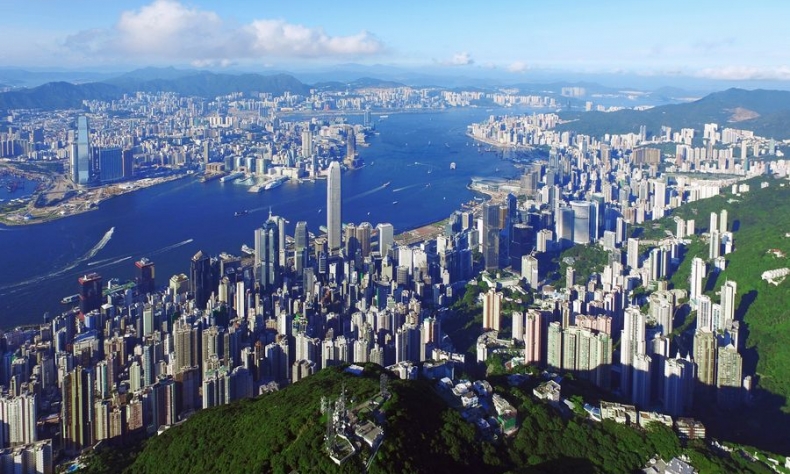National Security Legislation Won’t Undermine the Freedom of HK Residents

As long as one has not endangered, or their conduct does not pose a risk to, national security, the right to freedom of speech and right to demonstration will remain unaffected as stated in the Basic Law.
The Standing Committee of the 13th National People’s Congress (NPC) has recently announced the national security legislation for the Hong Kong Special Administrative Region (HKSAR). The legislative move by the NPC, rather than by the HKSAR Legislative Council, quickly caused a huge reaction in Hong Kong. But, will the legislation undermine Hong Kong residents’ right to fundamental freedoms enshrined in the Basic Law? For example, will it affect their right to freedom of speech and right to demonstration?
Before attempting to answer these questions, it might be useful to point out that the HKSAR Legislative Council has been unable to put in place a national security law for nearly two decades, a situation to which there looks to be no change in the foreseeable future. As such, the central government has had no choice but to enact a national security law tailored to Hong Kong in light of the “one country, two systems” framework.
In order to shed light on these questions, one has to go into the legal labyrinth of the Basic Law of the HKSAR and the proposed national security legislation. Articles 25-39 of the Basic Law provide for the fundamental rights of Hong Kong residents, including the right to freedom of speech and right to demonstration. Just like other people, Hong Kong residents cherish them. It is not difficult to see that according to the published contents of the national security legislation, secession, sedition, terrorism and foreign interference in Hong Kong are targeted, which define the concept of national security.
One may argue that the prosecution of acts contrary to national security will affect the rights and freedom of Hong Kong residents. Although such an argument seems to be self-evident, the proponent may have forgotten that national security is the bedrock underpinning a country’s stability, without which no exercise of freedom can be guaranteed.
It may still be fresh in the minds of most Hong Kong residents how their peaceful lives were hampered and even destroyed by the street violence which appeared under the guise of exercising freedom. In other words, safeguarding national security is in a way a guarantee to the freedom of Hong Kong residents against those rioters. Against this backdrop, the restriction of individual freedoms is essential where national security is encroached upon by the exercise of such freedom. It is a kind reminder that where national security is not affected, no exercise of freedom is subject to prosecution.
One might be cautious about the possibility of over-enforcement of the national security legislation, which in principle will endanger the freedom of individuals. Such an argument may have forgotten again that no enforcement of the law exists in a vacuum; it is circumscribed by the legal system. Hong Kong’s legal system is the pride of its residents. If one is proud of the rule of law, they can rest assured that Hong Kong’s rule of law will keep the enforcement of national security on the right track.
A further look at the contents of the legislation shows that its enforcement will primarily rest on the Hong Kong law enforcement agencies. Although the central government can still have a say, it will have to enforce the legislation to the extent of its competence in strict accordance with the legal procedures under the Hong Kong legal system. Therefore, it might be redundant to think too much of the possibility of over-enforcement of the national security legislation.
In the end, it is worth pointing out that a positive interactive relationship between the central government and the HKSAR might ensue as a result of the unfolding of the legislation. It is not difficult to suggest that when national security risks are no longer present in Hong Kong, the central government will become more confident in the HKSAR and keep a close eye on the fundamental freedom of Hong Kong residents.
In conclusion, while the top legislature’s new legislative effort illustrates the central government’s firm determination to do whatever it takes to safeguard national security, such legislation will not undermine the fundamental freedom of Hong Kong residents. As long as one has not endangered, or their conduct does not pose a risk to, national security, the right to freedom of speech and right to demonstration will remain unaffected as stated in the Basic Law.
Professor Kong Qingjiang is dean of the School of International Law, China University of Political Science and Law.
 Facebook
Facebook
 Twitter
Twitter
 Linkedin
Linkedin
 Google +
Google +










